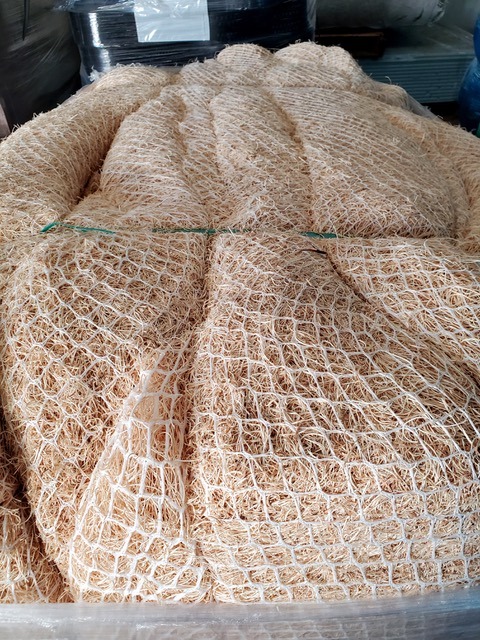Sediment Log in Columbus, GA

Sediment Logs Application
You can apply sediment logs in different sites to manage soil erosion and other factors. These applications include curb and drainage outlets, over bare soil, site perimeter control, waterways, ditch bottoms, and drop structures and let down structures. The bioengineered logs make installation easy and quick. Sediment logs can also be used interchangeably with wattles, and they offer distinct advantages.
Sediment logs can be installed on the ground surface, yet wattles need to be trenched to be effective. People use the logs for 360-degree protection around drop-inlet structures and catch basins. Consult an expert to determine whether sediment logs will apply to you. Instead of rock checks, silt fences, and bales, you should consider sediment logs; they are more efficient.
Performance Ability
Our sediment logs of Columbus, GA offer unparalleled performance capability. There are about four different types of sediment logs with different diameters. They can handle heavy duty, medium, mild, and low concentrated flow areas. The 20-inch (50 cm) sediment log is more suited for heavy-duty application. You can use it to manage slope interruptions, perimeter control, or inlet protection. The 6-inch (15 cm) sediment log is used in low concentrated flow areas. It all depends on your needs; if you purchase the right sediment log for the right application, you will be impressed with the performance ability.
It’s not a one-size-fits-all; you must take time and select the best type of sediment log. Researchers have tested sediment logs in the field and lab to determine these devices’ filtration capabilities. You can rest assured you will be getting your money’s worth. However, the sediment logs will likely fail when the performance limits are poorly defined. So, to ensure functional longevity, get help from our experts, and choose the right size to install in appropriate locations.
Material Composition
Sediment logs are filled with curlex fibers. These fibers are carefully curled and interlocked with soft barbs to increase efficiency. The porous logs allow water to pass through, and it filters sediments through the diameter. Sediment logs will maintain intimate contact with the subgrade. The weave containment fabric is degradable. They will degrade if you don’t remove your sediment logs for a long period of time. Logs have different fiber fill densities, which might slightly affect performance. Examine the design and watershed characteristics of the sediment control logs before purchasing them.
Learn More
Utilizing the sediment log is the most popular, adaptable, and versatile practice to reduce sediment loads. They are usually installed to provide perimeter control, ditch checks, and inlet ring protection, among other applications. DX2 Geosyntex, Inc. offers a broad spectrum of specially designed fabrics, including sediment logs. DX2 Geosyntex, Inc. is here to provide for you and the Columbus, GA area. You can reach out and find your solutions for your drainage needs.
DX2 offers Sediment Logs in the following areas:
Albany, Alpharetta, Athens, Atlanta, Augusta, Brookhaven, Buford, Chamblee, Clarkston, Columbus, Cumming, Dawsonville, Douglasville, Duluth, Dunwoody, East Point, Evans, Gainesville, Johns Creek, Kennesaw, Lawrenceville, Loganville, Mableton, Macon, Marietta, Martinez, Milton, Newnan, Norcross, Peachtree City, Peachtree Corners, Pendergrass, Rome, Roswell, Sandy Springs, Savannah, Smyrna, Snellville, Stonecrest, Suwanee, Tucker, Valdosta, Warner Robins, Winder.

